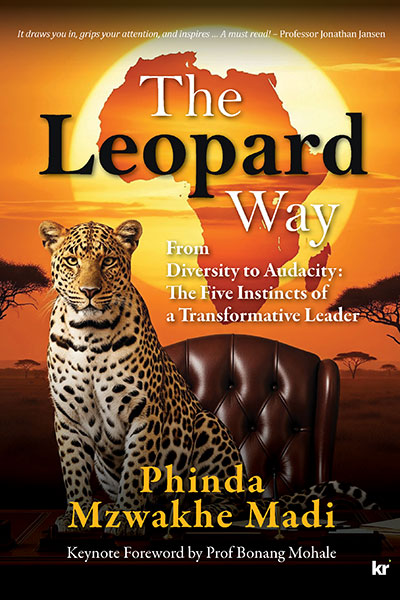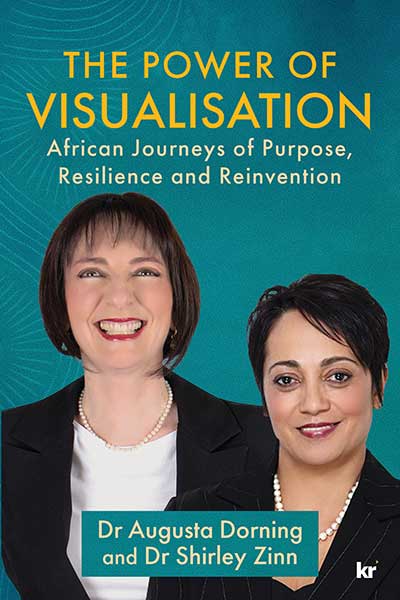Description
Everyone is on a journey of growth, from birth to death. The authors used their research data, to tap into the vital stages of this journey of growth from a psychological growth perspective. They linked the stages of psychological growth to self-leadership development. Additionally, they linked different stages of self-leadership development to different types and styles of leadership. For example, they found that authoritative leadership is linked to earlier stages of psychological growth, while inclusive leadership is linked to latter stages of psychological growth.
The Poetic Journey of Self-Leadership: Leadership Development along Stages of Psychological Growth is relevant to those interested in self-reflection (as it assists to assign oneself to a stage of psychological development), personal growth (as it anticipates processes to follow during one’s current stage of development), self-leadership development, as well as useful for leadership assessment by practitioners (by assigning leadership to stages of development). Additionally, from an academic perspective, the book is relevant to psychology, sociology and leadership students.
Contents include:
- Surviving: Abandonment versus overwhelment; Survival-stage leader
- Conforming: Internality versus externality; Conforming leader
- Differentiating: Social predestination; Differentiated leader
- Individuating: Guilt versus fear; Journey to individuation; Conquering complexes; Authenticity; Individuated leader
- Self-actualizing: Kintsugi; Traumas; Magical other; Self-actualised leader
- Integrating: Values; Heroes; Purpose; Integrated leader
- Serving: Servant leader
Books about leadership and poetry are mostly written from the perspective of leaders, but The Poetic Journey of Self-Leadership: Leadership Development along Stages of Psychological Growth, focuses on self-leadership development, and not the usual listing of heroic leader capabilities that must be strived for.
The authors used self-reported poetry from diverse participants, and in their own voices as their main data collection source. The book presents a diversity of writing styles and topics, and makes it much wider in scope and richer than other books.
















